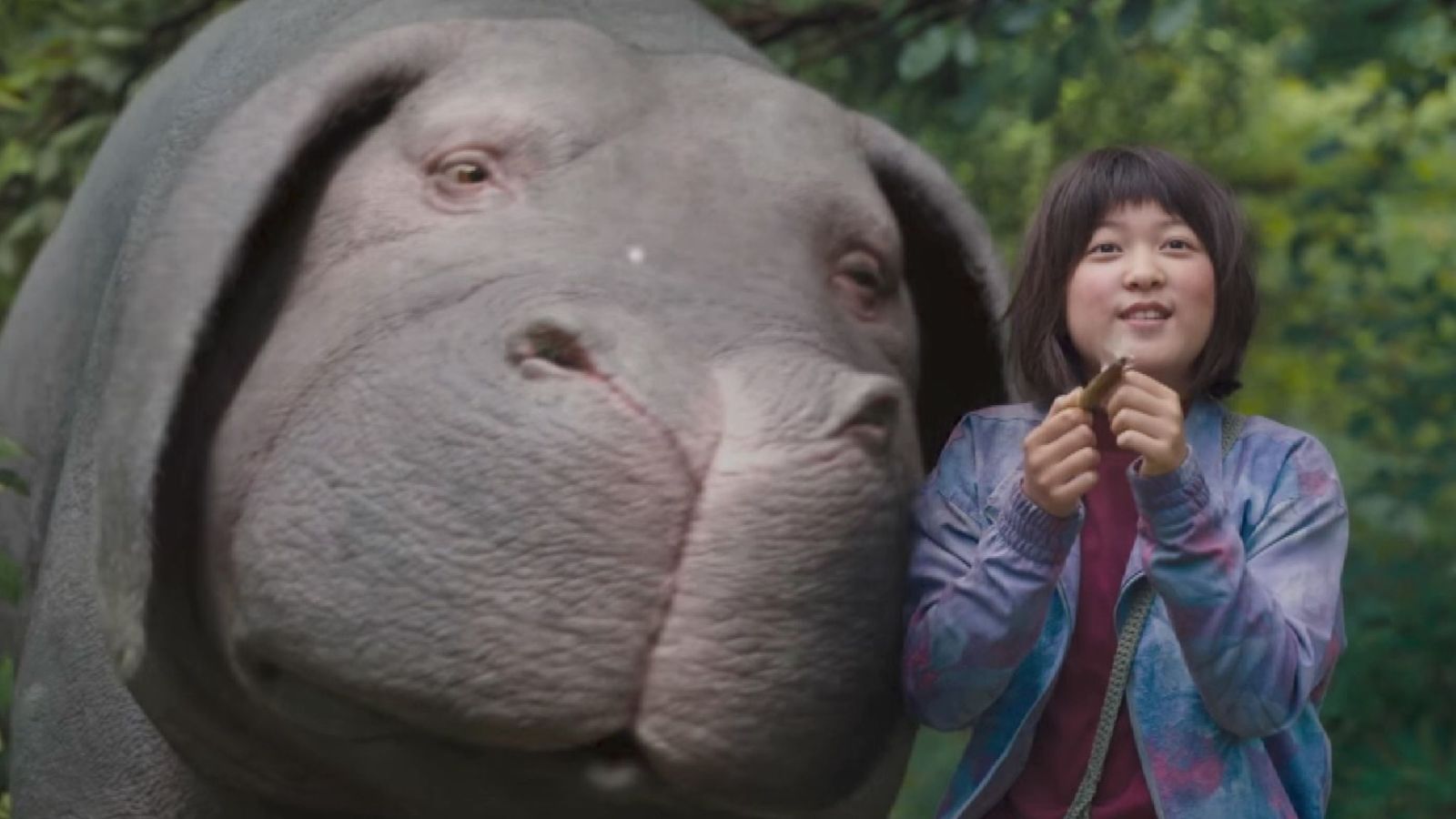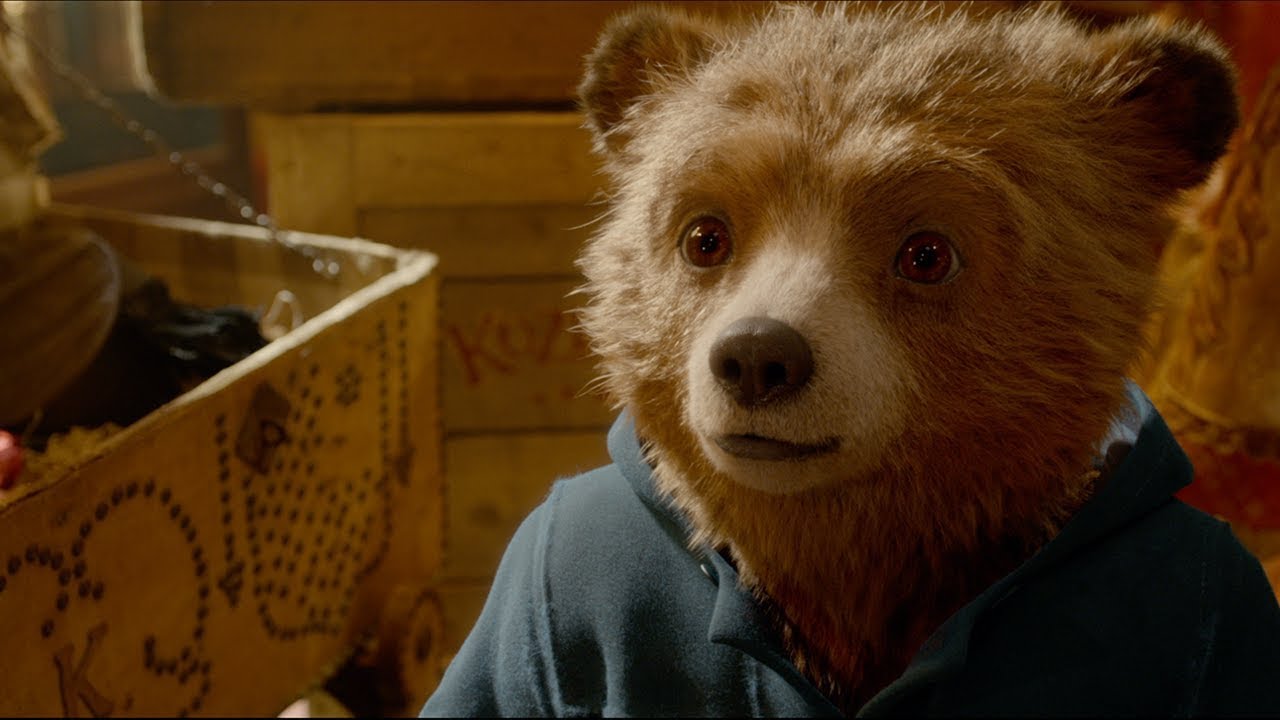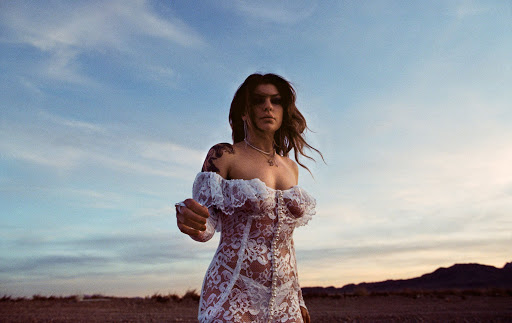At first glance the collaboration between Jon Ronson, a self-identified humorous journalist from the UK, and Joon-ho Bong, a visionary Korean director, seems a bit odd. Ronson is mostly known in the film world for his eclectic slice-of-life screenplays, Frank and Men Who Stare At Goats. Meanwhile, Joon-ho Bong’s last film, Snowpiercer, was a harsh and bloody science fiction tale of rebellion during humanity’s last days. But the thread running through both men’s body of work is hope, for humanity and for change. In the film Okja, that hope is made manifest in the relationship between Mija (Seo-Hyun Ahn), our 14-year-old heroine, and her Superpig companion, the titular Okja.
The film opens at a press conference, being given by Lucy Mirando (Tilda Swinton), a head of the Mirando corporation. She is announcing Mirando’s latest venture in livestock, a Superpig, found somewhere in Chile, that could provide an amazing food source for the world. Mirando will send twenty-five Superpiglets to farmers all over the world to raise for 10 years; the one that comes out the best will be the winner. Cut to the remote mountains of Korea, ten years later, where we first see Mija and Okja together in the forest. The connection between the two is palpable, and within the first fifteen minutes of the movie we see that Okja is neither a dumb animal nor a pet in a scene where she saves Mija from falling down the side of the mountain. The next day, Okja is examined and crowned Number One Superpig and is scheduled to be taken to Seoul and then to New York for the award ceremony.
Mija goes after Okja, determined to see her returned home to a safe life. In Seoul she manages to catch up to Okja during transport, only to be caught in the crossfire of the Animal Liberation Front attempting to save Okja from the Mirando Corp. The two are briefly reunited in a heart stopping chase scene that was as well executed as any big budget action film. But sadly, Okja is taken back by the Mirando Corp and other than the vague promises of the leader of the ALF, Jay (Paul Dano), Mija has no idea if she will ever see Okja again. At this point the film takes a decidedly dark turn, with some graphic scenes that begin to show not only the true face of both characters, but the film’s overarching message. At times it was hard to watch, but the graphic acts are only an everyday reality laid out on the screen and the film does not spare its viewers. Instead, it reminds them repeatedly how common these scenes are.
Joon-ho Bong excels at getting great performances out of the actors he works with, and Okja is no exception. Tilda Swinton plays the feuding twin CEOs of Mirando Corp, Nancy and Lucy Mirando, and is fabulous. She plays up the differences between the two women, from their voices to their body language to how they move; these are two different characters with their own stories and histories that she is bringing to the film. Jake Gyllenhaal is Dr. Jimmy, the Mirando Corp’s mascot and a famous animal show personality. He pops off the screen in garish outfits with flailing mannerisms that are almost—but not quite—over the top and gives an amazing performance that is pretty far outside of his regular roles. Paul Dano manages to combine the creepy vibe of a true believer with a kind heart as the leader of the ALF group trying to rescue Okja. These seasoned actors are all wonderful and contribute to the show, but it is Seo-Hyun Ahn who steals our hearts. Her luminous eyes and expressive face are given many close-ups, and it is through the determined set of her chin and flashing looks of defiance that we feel her emotions. It is especially remarkable given that the creature she has such a close emotional bond with is entirely CGI, and yet Ahn never falters in her performance.
The camera work and special effects in Okja are gorgeous. The framing of each shot is considered and purposeful. The only obvious CGI is Okja herself, but it’s only obvious because there are no real Superpigs. She moves, breathes, and vocalizes like a real animal. The art design of the film is excellent, with small pictures and knick knacks hidden in the background that accentuate the ugliness of what is unfolding before us.
The premise at the core of Okja, a young girl trying to save her beloved animal from becoming dinner, is not new. But how that simple story is used to illustrate the cruel realities of the world we live in is a wonderful set up for the story that unfolds. While the film doesn’t exactly slap you in the face with its message, there are no illusions about what it is trying to say and the feelings it aims to evoke from its viewers. The story of Okja and Mija is captivating, but the wider implications that are left at the end of the film are impossible to forget. Joon-ho Bong and Jon Ronson have woven a story that is at once beautiful and heartbreaking, and it will keep people thinking long after they have finished watching.













